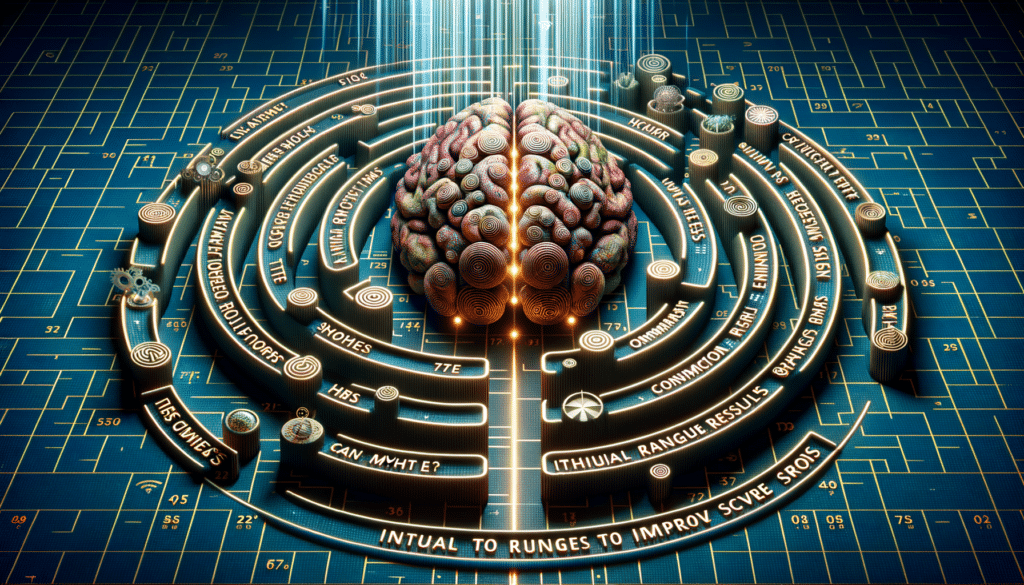Understanding the Lowest Score of an IQ Test
IQ tests are designed to measure cognitive abilities and provide a score that reflects an individual’s intellectual potential. The lowest score possible on an IQ test is generally considered to be around 40. Scores below this threshold often indicate significant cognitive impairments. It’s important to note that such scores are rare and typically associated with severe developmental or intellectual disabilities. These tests aim to cover a wide range of cognitive functions, including memory, reasoning, and problem-solving skills, which are essential for daily functioning.
When discussing low IQ scores, it’s crucial to approach the topic with sensitivity and understanding. Individuals with low IQ scores may face challenges in various aspects of life, including education and employment. However, it is essential to recognize that IQ is just one measure of intelligence and does not define a person’s worth or potential. Many individuals with low IQ scores lead fulfilling lives and contribute significantly to their communities.
It’s also worth mentioning that IQ scores can be influenced by several factors, including socioeconomic background, education, and access to resources. Thus, while an IQ score can provide insights into cognitive abilities, it should not be the sole determinant of an individual’s capabilities or potential.
Debunking IQ Test Myths
IQ tests have long been surrounded by myths and misconceptions that can sometimes distort their purpose and significance. One common myth is that IQ tests measure a person’s innate intelligence and that the score remains constant throughout life. In reality, IQ scores can change over time due to various factors, including education, environment, and personal development. This myth often leads to the false belief that individuals cannot improve their cognitive abilities, which is not the case.
Another prevalent myth is that IQ tests are culturally biased and only favor certain groups. While it’s true that some early IQ tests were criticized for cultural bias, modern tests have been refined to minimize such biases. Test developers strive to create assessments that are fair and equitable for individuals from diverse backgrounds. However, it remains essential to interpret scores within the context of an individual’s unique circumstances and environment.
Additionally, some people believe that high IQ scores guarantee success in life. While a high IQ can be advantageous in specific academic and professional settings, it is not a predictor of success in all areas. Emotional intelligence, creativity, and social skills also play significant roles in personal and professional achievements. Therefore, it’s essential to view IQ as one of many factors contributing to an individual’s overall potential.
The Role of Age in IQ Test Results
Age can have a significant impact on IQ test results, as cognitive abilities tend to develop and change throughout a person’s life. Young children, for example, may display rapid cognitive growth as they learn new skills and concepts. As individuals reach adulthood, their cognitive abilities typically stabilize, but this does not mean they remain static. Lifelong learning and mental stimulation can continue to enhance cognitive function well into older age.
For children and adolescents, age norms are often used to interpret IQ scores, ensuring that results are compared to peers of the same age group. This approach helps provide a more accurate assessment of a child’s cognitive development relative to their age. In adults, while the raw score may remain stable, the interpretation of the score can vary depending on the individual’s life experiences and continued education.
Research suggests that certain cognitive abilities, such as processing speed, may decline with age, while others, like vocabulary and general knowledge, can improve or remain stable. This highlights the importance of maintaining an active and engaged mind through activities such as reading, puzzles, and learning new skills. By doing so, individuals can help preserve and even enhance their cognitive abilities over time, regardless of their age.


